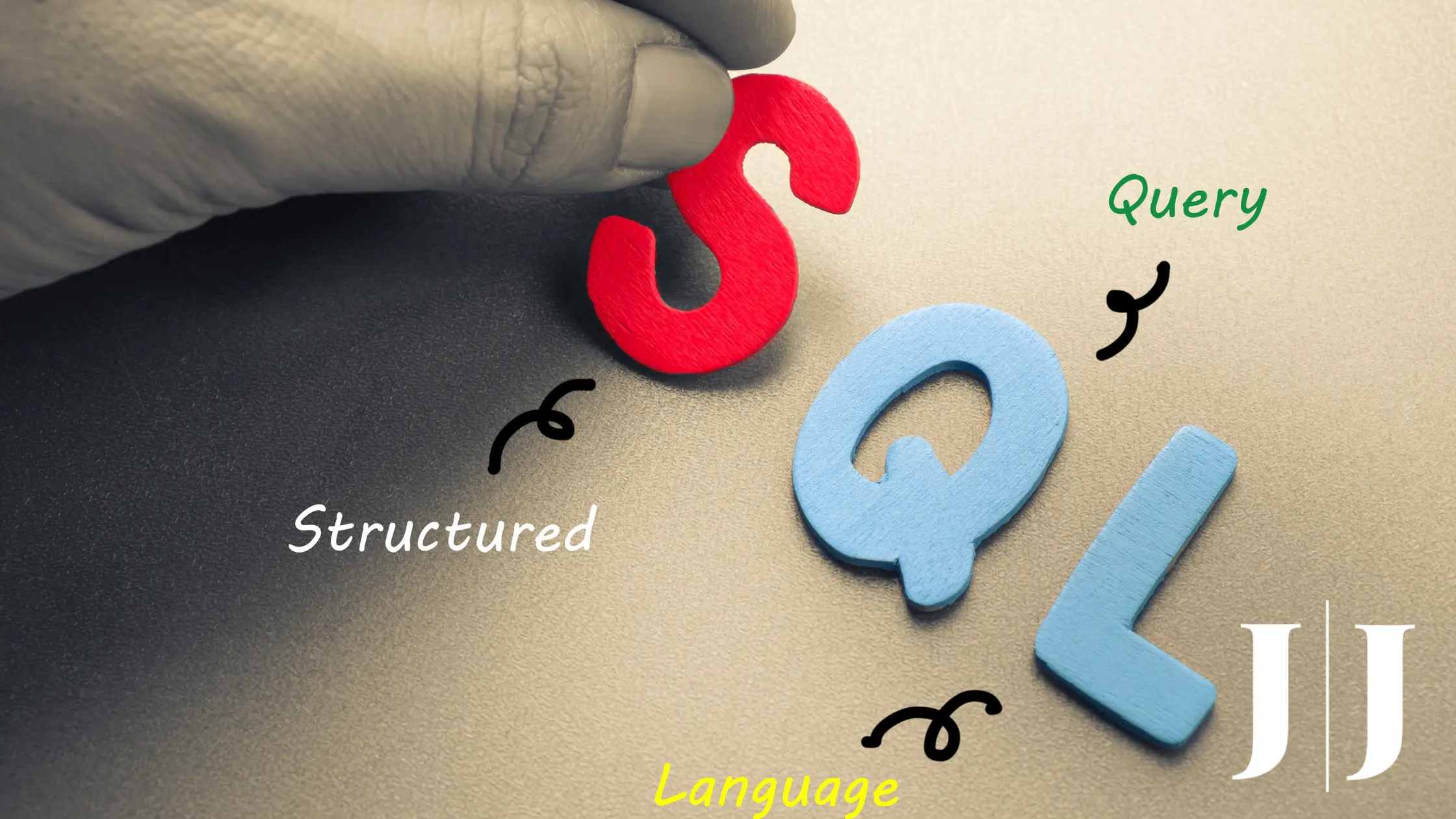As a B2B marketer, you know that converting visitors into customers is a complex process that requires a deep understanding of your leads’ needs and behaviors. Effective lead qualification is crucial to maximizing conversion opportunities, and that’s where the concepts of Information Qualified Leads (IQLs), Marketing Qualified Leads (MQLs), and Sales Qualified Leads (SQLs) come in. By grasping these distinct stages of the buyer’s journey, you can tailor your approach to nurture leads through the sales funnel, increasing efficiency, conversion rates, and customer satisfaction. In this article, we’ll examine into the IQL, MQL, and SQL framework, exploring practical strategies for effective lead qualification and providing real-world examples to illustrate its application.
The State Model of Lead Journey from Sales and Marketing Perspectives
While navigating the complex world of B2B lead generation, it’s necessary to understand the different stages of the lead journey from both sales and marketing perspectives.
As you probe into the world of lead qualification, you’ll encounter three primary stages: Information Qualified Leads (IQLs), Marketing Qualified Leads (MQLs), and Sales Qualified Leads (SQLs). Each stage represents a distinct phase in the buyer’s journey, requiring tailored approaches to nurture and convert leads into customers.
Information Qualified Leads (IQLs)
Perspectives shift when considering IQLs, who are in the awareness stage, exploring solutions to their potential problems. At this point, visitors to your online store might interact with your content, such as downloading whitepapers or subscribing to newsletters. These leads are not yet familiar with your company and what you offer.
Marketing Qualified Leads (MQLs)
Any lead that expresses increased interest and engages more actively with your brand through various channels, such as attending webinars or following your social media accounts, is considered an MQL. These leads have shown they fit your buyer personas and are interested in what you offer.
Leads at this stage are more likely to respond to targeted marketing efforts, making it crucial to implement strategies like lead scoring and marketing automation to prioritize and nurture them effectively.
Sales Qualified Leads (SQLs)
From the moment a lead exhibits a strong purchase intent, they enter the SQL stage. They have identified a clear need and are ready for direct sales interaction. These leads may request product demos or ask for detailed information about your offerings.
Plus, at this stage, it’s necessary to focus on personalized follow-ups and close monitoring to address any concerns and improve conversion rates.
Understanding IQLs
Some marketers might assume that every visitor to their website is a potential customer, but that’s not always the case. Information Qualified Leads (IQLs) are individuals who are still in the awareness stage, exploring solutions to their potential problems. They may interact with your content, such as downloading whitepapers or subscribing to newsletters, but they’re not yet familiar with your company and what you offer.
As you navigate the complexities of lead qualification, it’s imperative to understand the differences between IQLs, MQLs, and SQLs. For a deeper investigate the nuances of MQLs and SQLs, check out this article: MQL vs SQL: Understanding Qualified Leads in B2B Industry.
Characteristics of IQLs
IQLs are characterized by their initial interest in your content, but they haven’t yet demonstrated a clear need for your product or service. They might be researching solutions, but they’re not yet ready to engage with your sales team.
Optimization Strategies for IQLs
Characteristics of IQLs demand a tailored approach to nurture them further down the funnel. To optimize your strategy, focus on engagement metrics to refine your messaging and outreach, and provide high-value educational content to push these leads further along.
To take it a step further, consider implementing a lead scoring system to track engagement metrics and assign points for actions like downloading content or engaging with emails. This will help you identify IQLs who are showing increased interest and are ready to move to the next stage of the sales cycle.
Understanding MQLs
Once again, as you navigate the sales cycle, it’s crucial to understand where your leads stand in their buyer’s journey. Marketing Qualified Leads (MQLs) play a critical role in this process, as they’ve shown increased interest in your brand and offerings.
Characteristics of MQLs
An MQL has demonstrated a higher level of engagement with your brand, often through multiple channels such as social media, webinars, or content downloads. They’ve signaled that they fit your buyer personas and are interested in what you offer, making them more promising leads.
Optimization Strategies for MQLs
For MQLs, it’s crucial to implement strategies that nurture their interest and move them further down the funnel. This includes lead scoring to prioritize leads demonstrating buying signals, as well as marketing automation for tailored content delivery and personalized recommendations.
It’s also crucial to use data and analytics to refine your approach. By tracking engagement metrics and lead behavior, you can identify patterns and optimize your content offerings, email campaigns, and social media interactions to better resonate with MQLs. This targeted approach will help you build trust and credibility with these leads, increasing the likelihood of conversion.
Understanding SQLs
After identifying and nurturing your MQLs, it’s time to focus on the most promising leads – SQLs. At this stage, prospects have demonstrated a strong purchase intent and are ready for direct sales interaction.
Characteristics of SQLs
Characterizing SQLs involves recognizing their distinct behaviors and preferences. These leads have typically identified a clear need, are familiar with your brand, and are actively considering your offerings. They may request product demos, ask for detailed information, or seek personalized consultations.
Optimization Strategies for SQLs
Characterizing successful SQL optimization involves close monitoring and proactive engagement. This includes prompt responses to inquiries, personalized follow-ups, and tailored content recommendations.
Understanding the nuances of SQL optimization is crucial. By closely monitoring SQL interactions and addressing concerns promptly, you can significantly improve conversion rates. Additionally, sales teams should focus on high-intent leads, leveraging personalized follow-ups to drive sales closure. By adopting these strategies, you can effectively navigate the SQL stage and maximize revenue opportunities.
Practical Strategies for Effective Lead Qualification
Not all leads are created equal. To maximize conversion opportunities, it’s necessary to implement practical strategies for effective lead qualification. Here are some tactics to help you navigate the IQL, MQL, and SQL sales cycle:
Lead Scoring
On the path to conversion, lead scoring is a crucial step. Implement a scoring system to rank leads based on their interest level and sales readiness. This involves assigning points to actions taken by visitors, such as downloading an eBook or filling out an online form.
By implementing lead scoring, you can identify high-quality leads and prioritize your sales efforts accordingly.
Targeted Content
Targeted content recommendations are key to nurturing leads effectively. Personalize content based on lead behavior and their stage in the sales funnel. This helps guide them to the next stage and increases the likelihood of conversion.
To create targeted content, analyze your lead’s engagement metrics and tailor your content offerings accordingly. For instance, if a lead has downloaded a whitepaper on cybersecurity, offer them a related webinar or case study.
Seamless Handoffs
Handoffs between marketing and sales can be a major pain point in the lead qualification process. Ensure smooth integration between your platform and CRM for streamlined sales conversations.
Understanding the importance of seamless handoffs, you can prevent leads from falling through the cracks during the transition from marketing to sales. This results in a more efficient and effective sales process.
Progressive Profiling
On the path to conversion, progressive profiling is necessary. Gradually gather lead data to build detailed buyer personas. This helps in understanding the specific needs and pain points of your leads, allowing for more tailored interactions.
Profiling your leads enables you to create targeted content and personalize your sales approach. By gathering data over time, you can build a comprehensive understanding of your leads and increase the likelihood of conversion.
Analytics and Reporting
For data-driven decision-making, analytics and reporting are crucial. Analyze platform metrics to uncover trends and optimize your lead qualification process.
Progressive analytics enable you to refine your sales strategy and make data-driven decisions. By tracking key metrics, such as conversion rates and engagement metrics, you can identify areas for improvement and optimize your lead qualification process accordingly.
Real-World Use Case Example
All too often, understanding the concepts of Leads, Prospects, MQL, and SQL can seem abstract without a concrete example. To illustrate the IQL, MQL, and SQL sales cycle in action, let’s consider a retail company using a digital commerce platform to check their cyber security level through a DDOS attack test solution. If you’re still unsure about these concepts, check out this resource to understand the concepts of Leads, Prospects, MQL, and SQL.
Here’s how the company’s journey might unfold:
IQL Stage
Real-world examples like this one demonstrate the initial stages of lead qualification. In this case, the company searches for whitepapers on securing websites and downloads them from your cyber security marketplace. This signifies initial interest and marks the beginning of their buyer’s journey.
MQL Stage
Case in point, the same company attends a webinar on cyber security solutions hosted by your platform, indicating a deeper level of interest. This engagement demonstrates that they’re actively exploring solutions to their potential problems.
Understanding the MQL stage is crucial, as it’s where you can start to build a relationship with your leads. By providing valuable content and insights, you can nurture them further down the funnel.
SQL Stage
On the other hand, following the webinar, the company requests a personalized demo, showing strong purchase intent. This request triggers an alert to your sales team for follow-up, marking a critical transition in the sales cycle.
The SQL stage is where your sales team takes center stage. By understanding the lead’s specific needs and pain points, your team can tailor their approach to drive conversion.
Key Benefits of Lead Qualification
Unlike a generic, one-size-fits-all approach, lead qualification allows you to tailor your sales strategy to each prospect’s unique needs and buying journey. By doing so, you can reap several benefits that drive business growth.
For instance, understanding the nuances of MQL vs. SQL: Understanding Marketing Qualified Leads can help you refine your approach and maximize conversion opportunities.
Increased Efficiency
The automation of lead qualification simplifies workflows, allowing your sales teams to focus on the most promising leads. This targeted approach saves time and resources, enabling your team to close more deals with confidence.
Improved Conversion Rates
Increased personalization drives higher conversion rates across your B2B model. By tailoring your interactions to meet individual needs, you build trust and foster loyalty among your leads, ultimately leading to more successful conversions.
Benefits of personalized interactions extend beyond conversion rates. They also help establish your brand as a trusted authority in your industry, setting you apart from competitors.
Enhanced Customer Experience
Experience has shown that tailored approaches foster loyalty and trust among your leads. By understanding their unique pain points and needs, you can deliver targeted solutions that address their concerns, leading to a more satisfying customer experience.
Another key aspect of enhanced customer experience is the ability to provide timely and relevant support. By understanding where a prospect is in their buying journey, you can offer targeted guidance and resources, helping them make informed decisions.
Data-Driven Decisions
On the analytics front, lead qualification provides valuable insights that inform data-driven decisions. By analyzing platform metrics, you can uncover trends, identify areas for improvement, and optimize your sales strategy for continuous growth.
Efficiency in data analysis is crucial in today’s fast-paced digital landscape. With the right tools and insights, you can refine your lead qualification process, ensuring that your sales teams are always focused on the most promising leads.
Summing up
With these considerations in mind, you’re now equipped to navigate the IQL, MQL, and SQL sales cycle, transforming visitors into customers. By understanding where your prospects are in their buyer’s journey, you can tailor your approach, maximize conversion opportunities, and drive B2B sales success. Do not forget, a robust lead qualification process empowers your sales teams to close more deals with confidence, freeing up resources to focus on converting qualified leads into customers.
FAQ
Q: What is the difference between IQL, MQL, and SQL in the B2B sales cycle?
A: IQL (Information Qualified Leads) refers to leads in the awareness stage, exploring solutions to their potential problems. MQL (Marketing Qualified Leads) are leads that express increased interest and engage more actively with your brand. SQL (Sales Qualified Leads) exhibit a strong purchase intent and are ready for direct sales interaction.
Q: How can I optimize my lead qualification process using the IQL, MQL, and SQL framework?
A: You can optimize your lead qualification process by implementing strategies such as lead scoring, targeted content, seamless handoffs, progressive profiling, and analytics and reporting. These strategies help you tailor your approach to meet individual needs, prioritize leads, and improve conversion rates.
Q: What are the key benefits of implementing a structured lead qualification process in B2B sales?
A: The key benefits of implementing a structured lead qualification process include increased efficiency, improved conversion rates, enhanced customer experience, and data-driven decisions. By using the IQL, MQL, and SQL framework, you can align your sales and marketing teams, focus on promising leads, and ultimately drive greater success in your B2B sales efforts.









